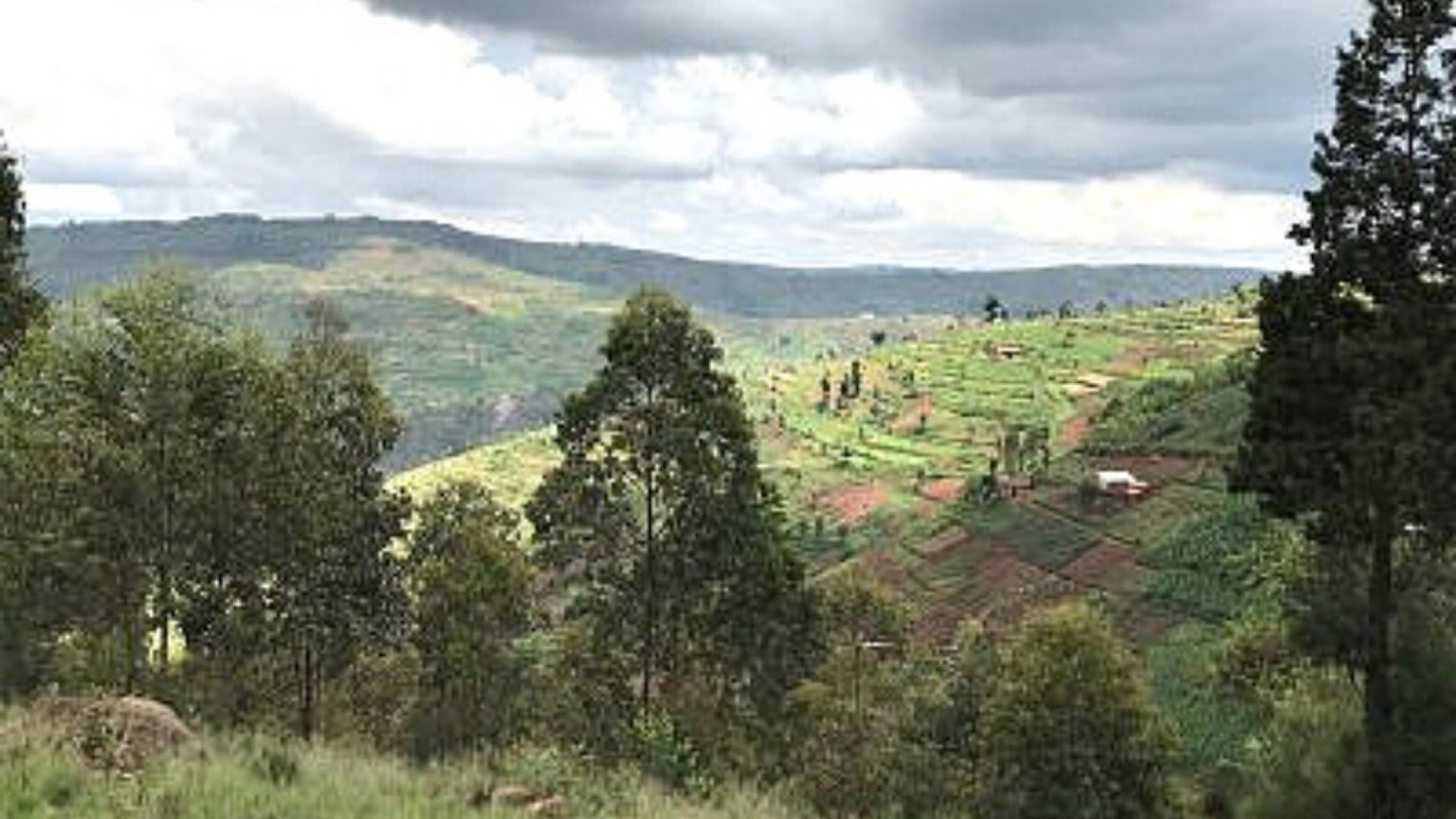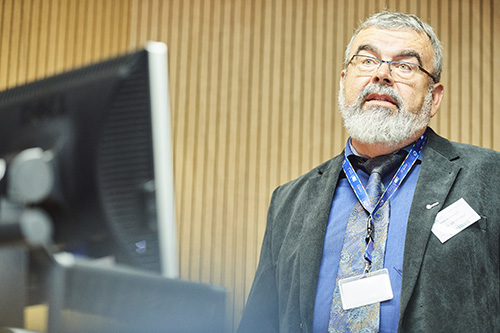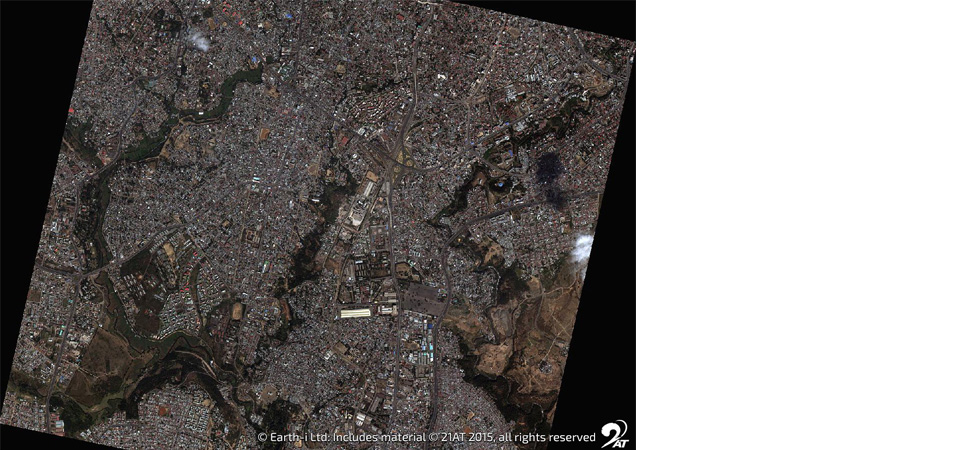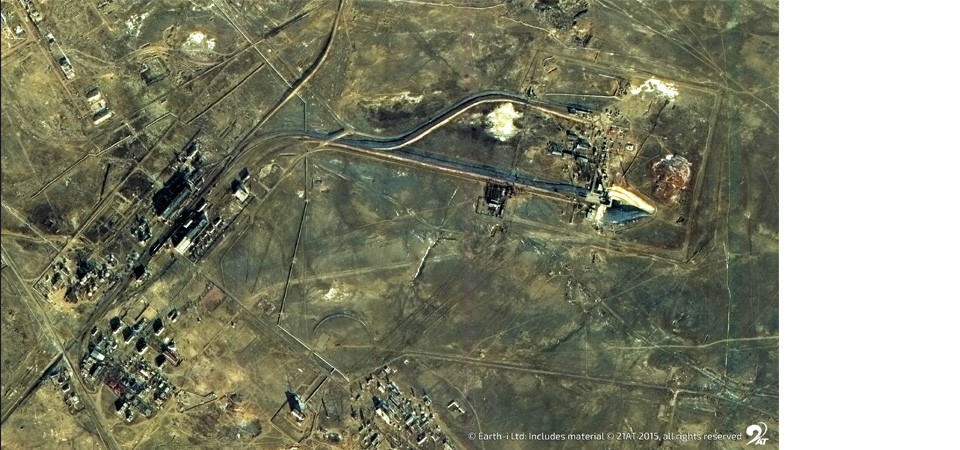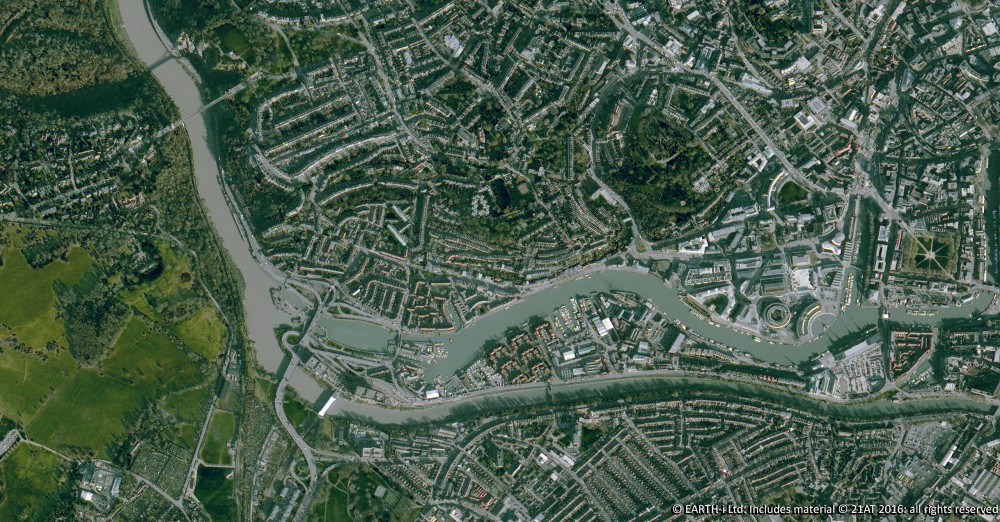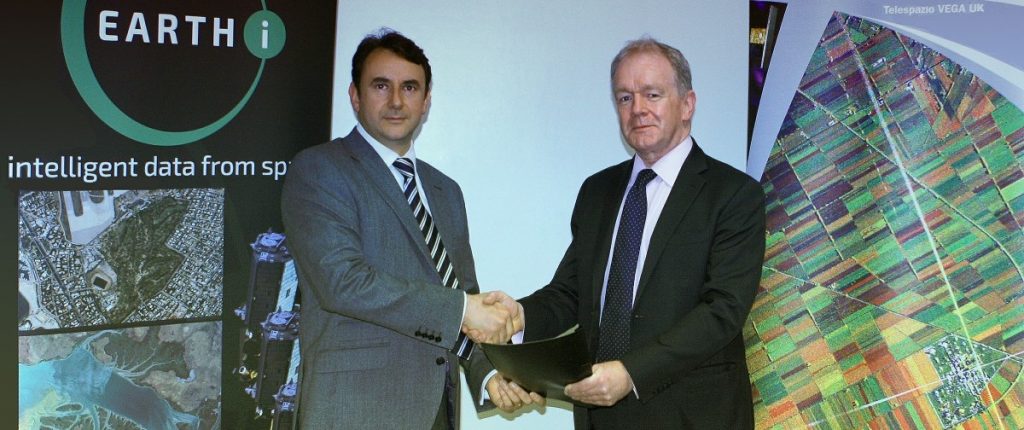The ACCORD team have achieved a major milestone in the programme having surpassed its goal of 50,000 coffee fields mapped in Kenya and Rwanda. With a running total of over 51,000 fields now in the programme, ACCORD (funded by the UK Space Agency’s International Partnerships Programme) has achieved the target set at the beginning of the programme in 2018.
Agronomists on the frontline in 2020
What makes this even more remarkable is that 5,000 fields have been mapped this year – which is a pretty impressive result given the impact of the pandemic on our team’s mobility in Kenya since March. It really is a testament to the unseen heroes of the ACCORD programme, the field agronomists and enumerators who work for our coffee partners, CMS, Kinini and SFBC. They visit each farm to map the fields using the WeatherSafe app on their mobile phones. In addition, they spend time with the farmers gathering the data that enables us to profile each farm, such as the number and age of their trees, matching that information with the geolocation of each field.
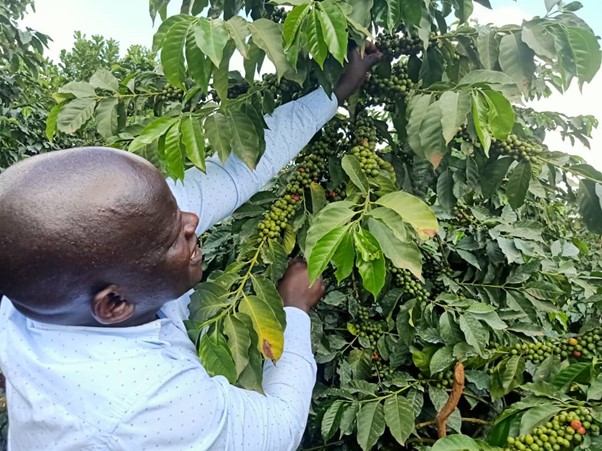
Working within the restrictions on travel and social distancing has placed a considerable extra burden on the mappers. Whilst that delayed the achievement of our target of 50,000, we are still ahead of the original schedule and able to deliver the alerts and advice service to many thousand more farmers.
Sustainable farming means addressing multiple threats
Given that the pandemic has created yet another challenge to Africa’s smallholder farmers it is even more vital that they receive consistent and ongoing support to ensure their farms are financially sustainable. It is a reminder that the challenge of achieving sustainability derives not just from climate change, but also from other threats to the supply chains farmers rely on to get their produce to market.
ACCORD partners CMS, Kinini and SFBC are the vital link between the farmers and the market. Their commitment to helping farmers achieve economic sustainability is a crucial factor in ensuring the whole supply chain is sustainable. Research conducted in 2018 by the Kenya Coffee Platform for their Coffee Economic Viability Study indicated that over 50% of smallholder farmers were struggling to even achieve breakeven, let alone economic viability (measured as return on investment above 22%).
Tackling the GAP
The goal of the ACCORD programme is to demonstrate that new data-driven technology, integrating localised weather forecasting and the monitoring of fields by satellite, can equip farmers with the knowledge they need to implement improved and timely ‘GAP’ – a common acronym in the sector meaning Good Agricultural Practices.
Consistently applied across the growing season, and implemented in a way that factors in the impact of local weather conditions, widespread adoption of GAP is critically important in helping farmers past the point of breakeven and onwards to economic viability.
Sustainable coffee production and sustainable supply chains rely on economically sustainable farmers. Knowing who they are and where they are is the first step in ensuring they get the support they need to achieve economic sustainability, which is why we celebrate over 51,000 fields and farms mapped to date by ACCORD.
International Partnership Programme
The International Partnership Programme (IPP) is a five-year, £30 million-per-year initiative run by the UK Space Agency. It focuses on using the UK space sector’s research and innovation strengths to deliver sustainable economic or societal benefit to developing economies around the world. IPP is part of, and is funded from, the Department for Business, Energy and Industrial Strategy’s Global Challenges Research Fund (GCRF). GCRF is a £1.5 billion fund announced by the UK Government which supports cutting-edge research and innovation on global issues affecting developing countries.

